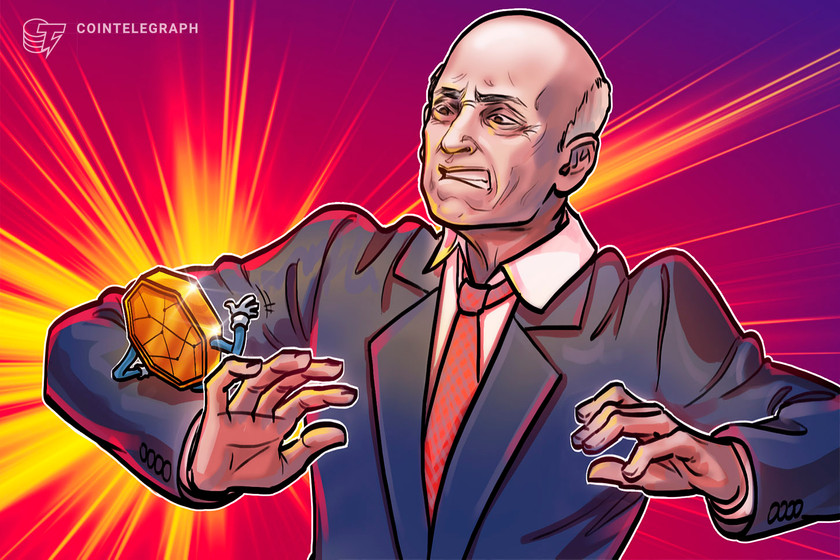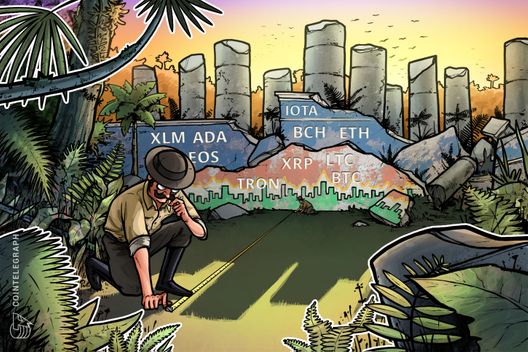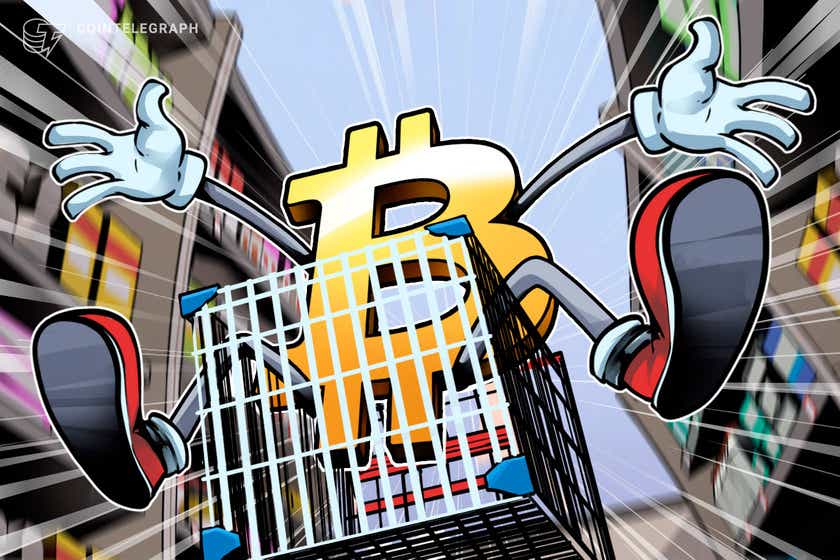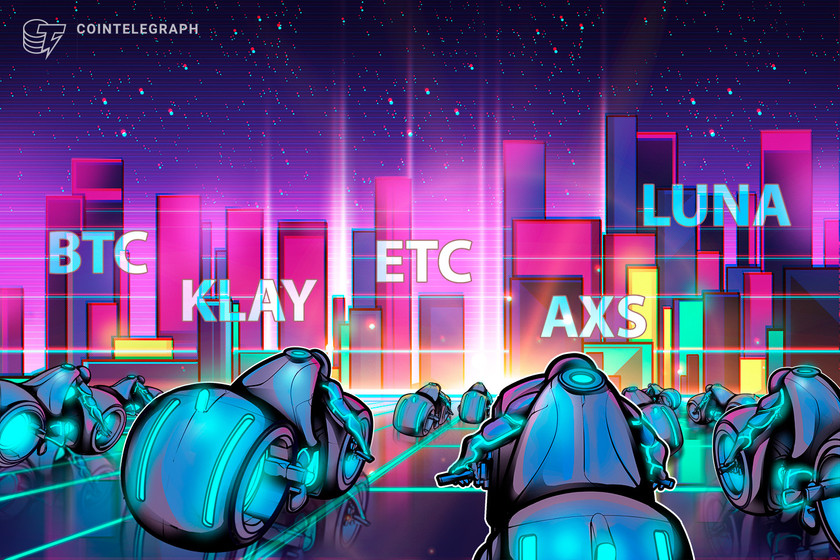Spikes in gas prices slowing growth of new NFT marketplaces
New NFT marketplaces may even leave Ethereum altogether to deal with high gas fees.
1102 Total views
17 Total shares

High gas prices have become a problem for non-fungible token (NFT) marketplaces, especially as they look to mint at scale, the founder of a start-up said.
Sean Papanikolas, founder of NFT marketplace Cargo, told Cointelegraph in an interview that the NFT sector is at an inflection point. But scalability weighs on new players in the sector now that gas prices have spiked. He said:
“Now, in 2020, platforms are starting to see the scaling issue now due to the spikes in gas prices. Some platforms have halted minting while gas is high and other platforms see a major decline in activity.”
High gas prices have caused some platforms to start working on layer-2 solutions and some are eyeing other chains, leaving Ethereum altogether, warned Cargo’s founder. To counter higher gas fees, Papanikolas said Cargo launched a solution based on ERC-721 and ERC-2309 standards.
But if blockchain companies want to expand their businesses within the NFT landscape, Papanikolas warned it’s not going to be as easy as they think:
“I think blockchain companies need to be prepared for the level of software engineering effort it will take to overcome the technical hurdles and the limitations of smart contract development on Ethereum and then how those pieces will work with traditional systems. The competition will continue to increase as well.”
Currently, users can spend a small amount of Ether (ETH) at current prices to secure gas that can be used later without the risk of the price going up. This is something other industry players have talked about in the past. In a previous interview with Cointelegraph, Qtum co-founder and lead developer Jordan Earls said this causes the network “to not respond properly to an increase in gas prices like we see today, as some people with access to these tokens ca use this cheap gas now, but also get their transaction highly prioritized without actually spending any ETH.” Other companies also pointed out that NFT firms are exploring other means to avoid high gas prices.









